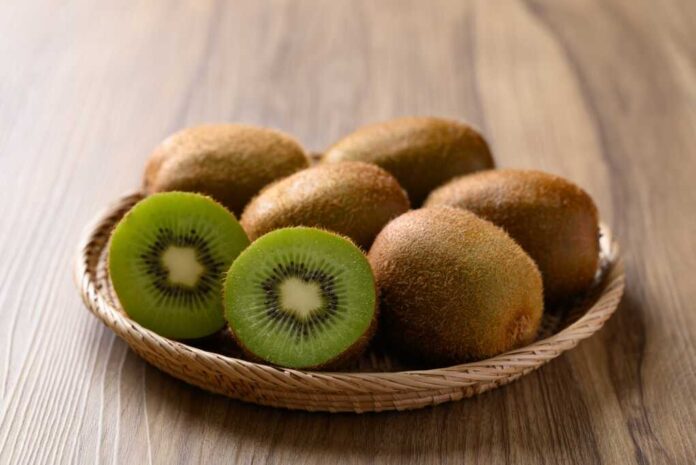
Doctors now say eating just two kiwis a day can dramatically improve gut health and help fight cancer risk, but you won’t believe how this simple advice is shaking up the so-called “experts” who have been pushing fiber powders and prescription pills for decades.
At a Glance
- Eating two kiwis daily is clinically shown to relieve constipation and improve gut health, outperforming traditional fiber supplements.
- Unique enzymes and antioxidants in kiwifruit may help reduce risk of colorectal cancer and support overall digestive wellness.
- Medical professionals are now recommending natural food-based solutions over pharmaceutical or synthetic fiber options.
- Big Pharma and “wellness” industries may stand to lose as common-sense dietary advice gains traction with frustrated patients.
Kiwifruit: The Simple Solution Hidden in Plain Sight
For years, Americans have been bombarded with commercials selling powders, pills, and “miracle” cleanses, all promising to fix what ails our guts. Yet, according to new research and a handful of honest doctors, the answer might have been sitting right in your grocery store produce bin the whole time. Kiwifruit, long relegated to fruit salads and garnish trays, is now being hailed as a powerful, natural remedy for digestive struggles—especially chronic constipation. How did this happen? Simple: when you peel away the hype and actually look at what works, sometimes the truth is refreshingly… ordinary.
Clinical studies over the last several years—real, peer-reviewed science, not just the latest influencer trend—have shown that two kiwis a day can increase bowel regularity, ease abdominal pain, and do it all without the unpleasant side effects (gas, bloating, cramping) that often come with other high-fiber foods or supplements. Even more compelling, the secret sauce inside each kiwi isn’t just fiber—it’s an enzyme called actinidin, which helps break down protein and promote smoother digestion, something you won’t find in your average fiber bar or overpriced “detox” drink.
A Doctor’s Recommendation that Defies the Wellness Industry
Dr. Trisha Pasricha, a gastroenterologist at Beth Israel Deaconess Medical Center, doesn’t mince words: she recommends two kiwis a day for anyone struggling with gut issues. For folks tired of being told to “just eat more fiber” or, worse, to shell out for another box of chalky powder, this advice hits home. Two kiwis. Not a supplement. Not a prescription. Just a fruit. And, unlike the usual suspects (prunes, fiber pills), kiwi is less likely to leave you feeling bloated or running to the bathroom at inconvenient times.
According to research out of New Zealand, Norway, Italy, and China, kiwifruit outperforms both psyllium husk and prunes for relieving constipation and improving stool consistency. The studies don’t just rely on self-reported symptoms; they tracked stool frequency, abdominal pain, and even markers for gut inflammation. The results are consistent: kiwifruit works, and it works without the baggage of side effects or the “ick” factor that keeps so many Americans from sticking with other dietary interventions.
Beating the System: Gut Health and Cancer Risk Without Breaking the Bank
What’s even more infuriating to the big business of medicine and “wellness”? Kiwifruit’s health benefits aren’t limited to digestion. Early studies show that regular kiwi consumption may reduce DNA damage, lower triglycerides, and even cut the risk of colorectal cancer—a disease that claims tens of thousands of American lives every year. One Chinese study linked higher intake of kiwifruit to a 13% reduction in colorectal cancer risk, an outcome no over-the-counter supplement can honestly claim. Of course, the wellness industry is already scrambling to repackage kiwi extract into some new product they can sell you for $29.99 a bottle. But doctors aren’t playing along: the message is clear—eat the fruit, not the hype.
For a country battered by government overreach, sky-high healthcare costs, and a food industry that would rather engineer a new snack than let people discover the power of real, whole foods, the kiwi story is the ultimate conservative “I told you so.” Americans have always valued self-reliance, and now the science backs it up: you don’t need a prescription or government-subsidized “wellness program” to take control of your health—just a couple kiwis a day and some good old-fashioned common sense.


















